As global investment in artificial intelligence (AI) is projected to reach a staggering $1.5 trillion in 2025, business leaders are grappling with the daunting task of ensuring digital resilience in the face of increasingly autonomous systems. The rise of agentic AI, characterized by proactive planning, reasoning, and task execution with minimal human intervention, has introduced new challenges in maintaining service continuity, security, and cost control during unexpected events.
According to a recent survey, fewer than half of business leaders expressed confidence in their organizations' ability to withstand and recover from digital disruptions. This lack of confidence is a pressing concern, given the profound complexity introduced by agentic AI's autonomous decision-making and interaction with critical infrastructure.
The projected investment in AI for 2025 is a significant increase from previous years, with the global AI market expected to reach $190 billion by the end of 2023. However, the complexity and risks associated with agentic AI have led to a growing recognition of the need for robust digital resilience strategies.
Cisco, a leading provider of networking and cybersecurity solutions, has been at the forefront of addressing the challenges posed by agentic AI. The company's digital resilience offerings aim to help businesses prevent, withstand, and recover from digital disruptions by providing advanced threat detection, incident response, and business continuity planning capabilities.
The implications of agentic AI on business operations are far-reaching. As these systems become increasingly integrated into core business processes, they introduce new risks and challenges that must be addressed. The speed and scale at which agentic AI operates can amplify the impact of even minor data inconsistencies, fragmentation, or security gaps, making it essential for businesses to prioritize digital resilience.
In the face of these challenges, companies are turning to advanced technologies such as AI-powered threat detection and predictive analytics to stay ahead of the curve. By leveraging these technologies, businesses can gain a deeper understanding of their digital ecosystems and develop more effective strategies for maintaining digital resilience.
As the global investment in AI continues to grow, it is clear that digital resilience will be a critical factor in determining the success of businesses in the agentic AI era. By prioritizing digital resilience and investing in advanced technologies, companies can mitigate the risks associated with agentic AI and unlock new opportunities for growth and innovation.
In the future, we can expect to see even more advanced digital resilience strategies emerge, as companies continue to push the boundaries of what is possible with AI and other emerging technologies. As the landscape of digital resilience continues to evolve, one thing is clear: businesses that prioritize digital resilience will be better equipped to thrive in the agentic AI era.


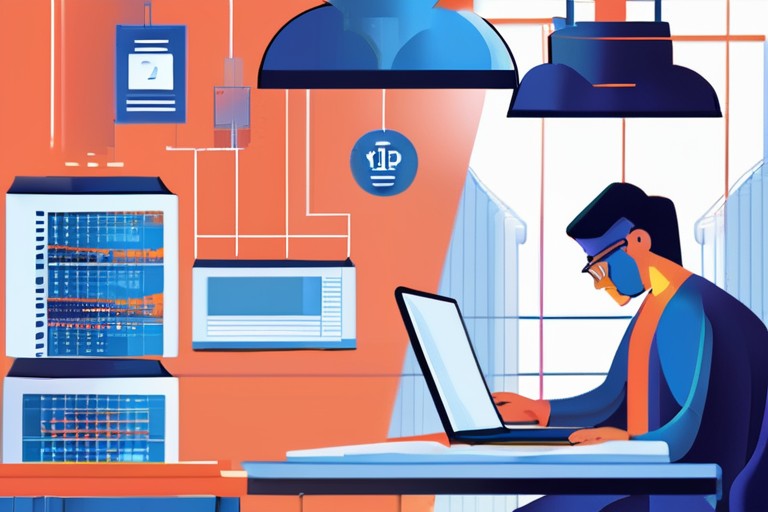



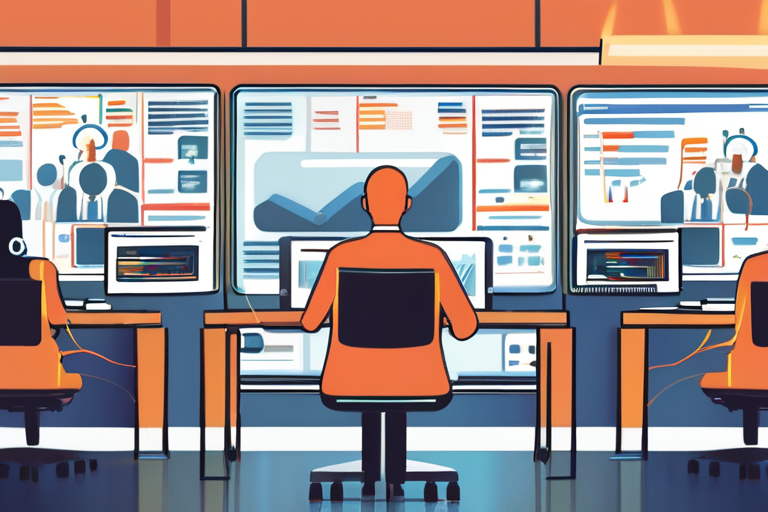


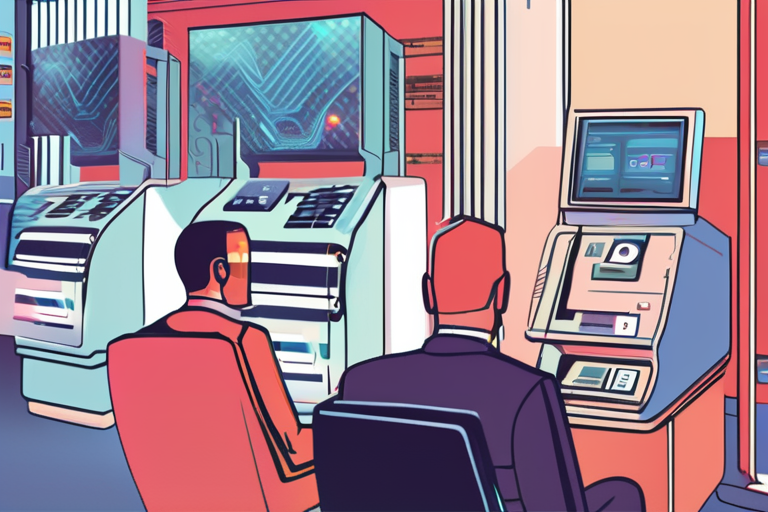
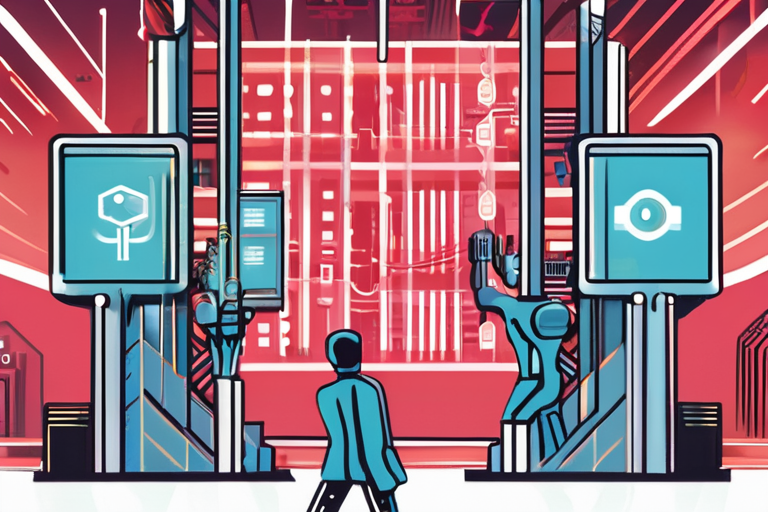



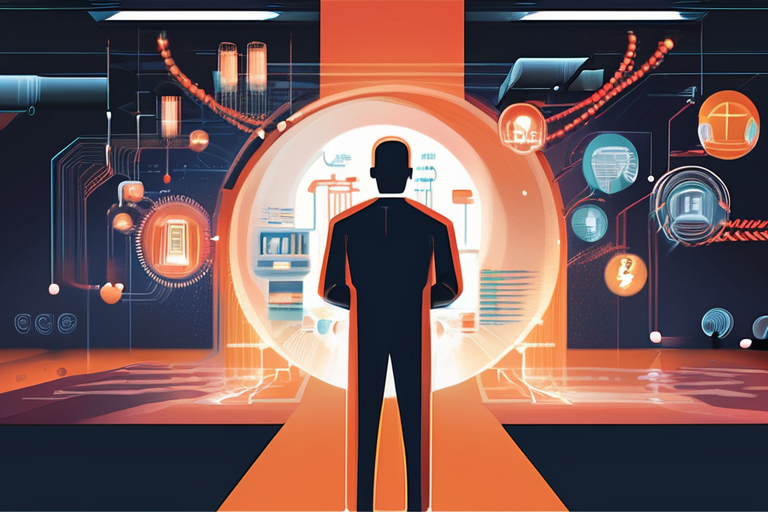





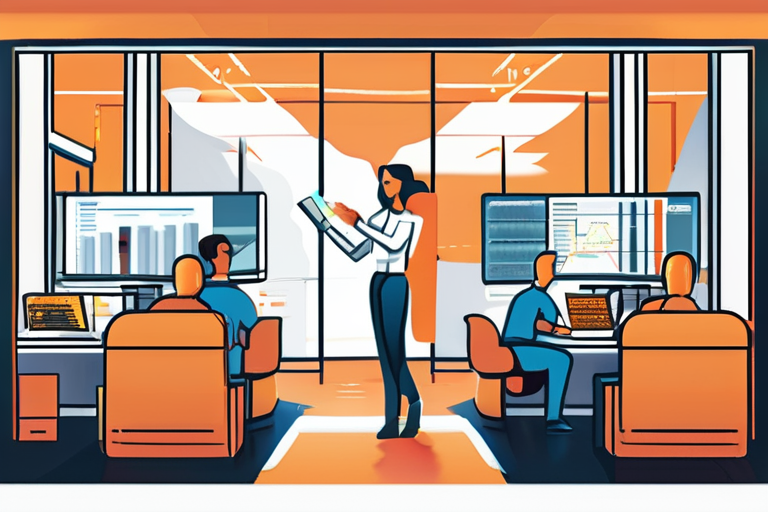




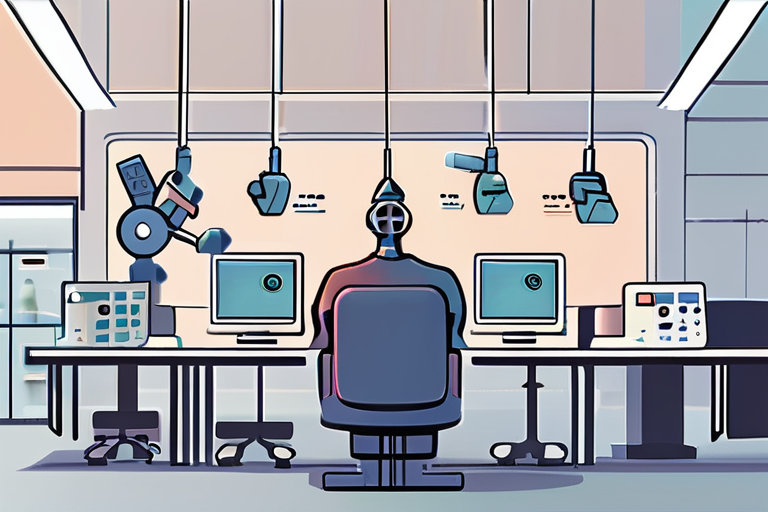
Share & Engage Share
Share this article